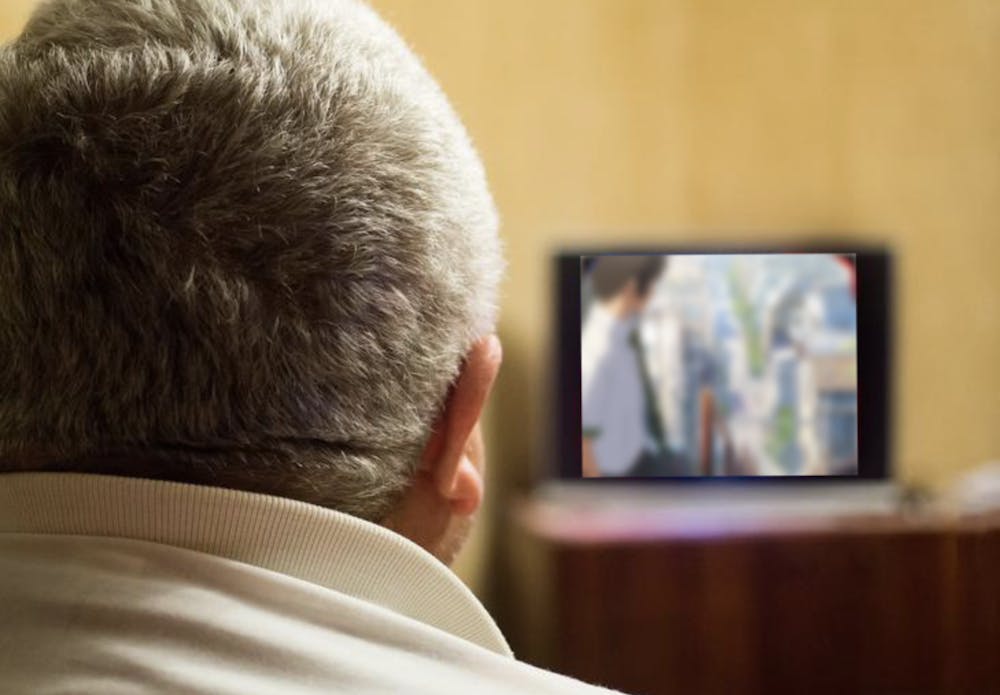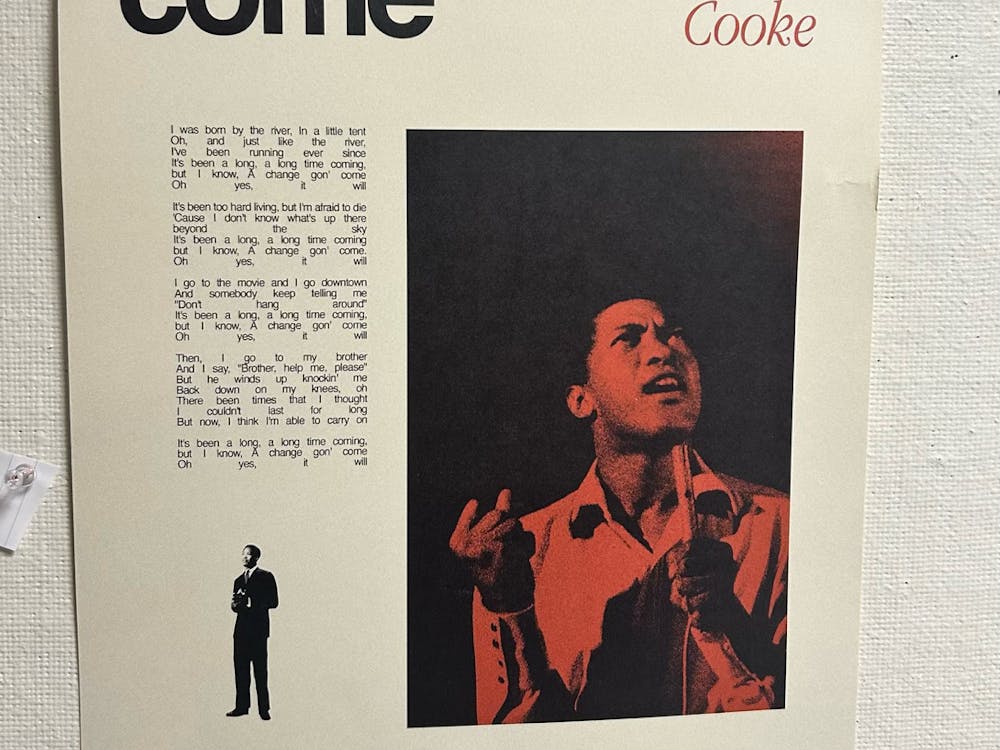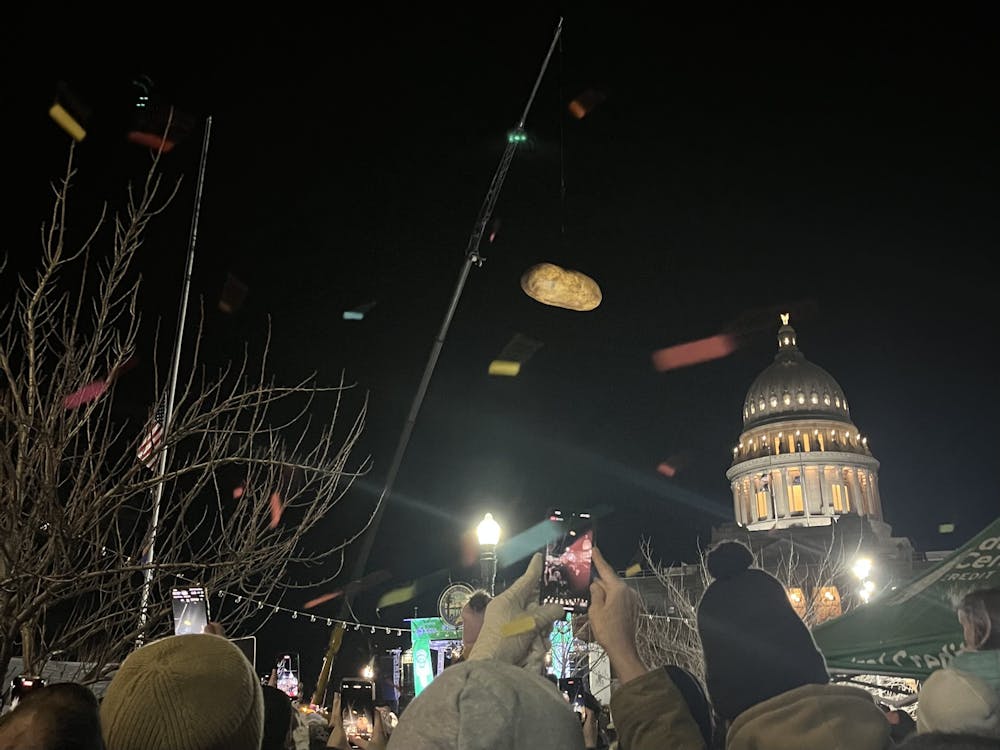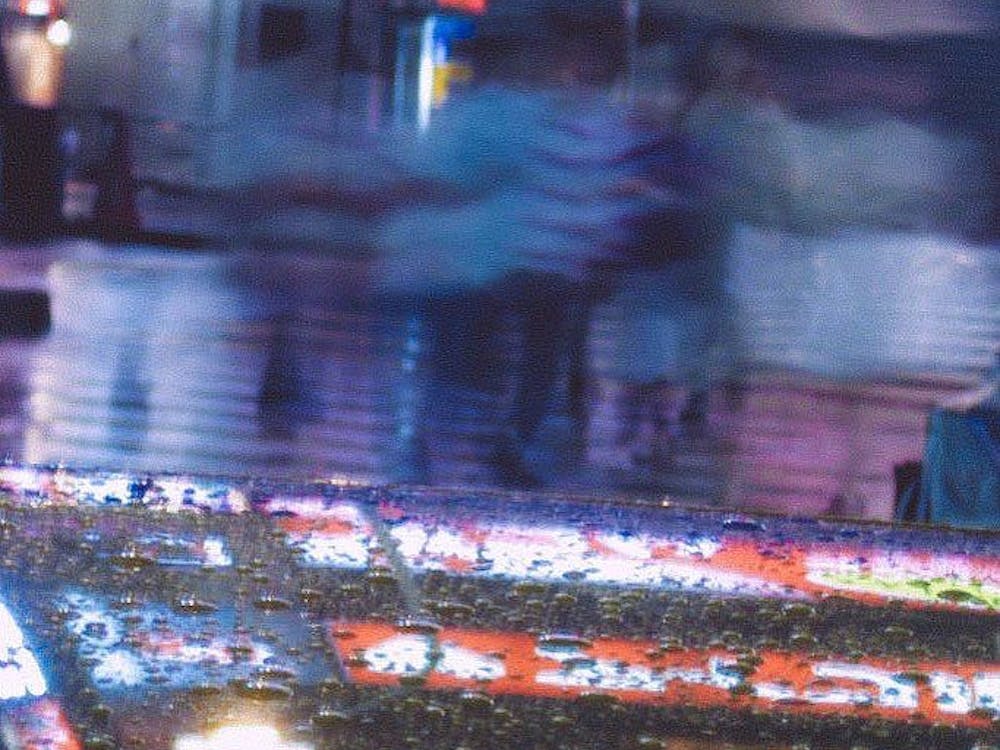APRIL FOOL’S: This article was published as part of The News-Letter’s annual April Fool’s edition, an attempt at adding some humor to a newspaper that is normally very serious about its reporting.
Due to restrictions for in-person labs, the University announced new changes to its curriculum to accommodate virtual classes. Students enrolled in labs related to biological sciences are now required to watch the Japanese program Cells at Work! along with its spin-off Cells at Work! Code Black.
The series follows an anthropomorphized red blood cell and white blood cell and their encounters with the villainous germs and diseases that invade the body and affect their duties. Along the way, they also meet other cells working to help keep the body functioning and healthy.
“While we wish for the day everyone is able to fully return to campus, we are excited for our students to engage in intellectually stimulating content that should complement their creativity and curiosity,” Provost Annie May wrote in a statement. “Hopefully, Cells at Work! can help our students with this process.”
Students had mixed reactions to the announcement.
“I’m so excited to watch Cells at Work! It currently holds a 7.63 rating on MyAnimeList. It’s nice that the episodes are essentially asynchronous lectures. At least now I’ll have motivation to watch the recordings,” sophomore Joseph Kim said. “Now, my body pillow and I can watch lectures from the comfort of our own home.”
However, Kim wished the changes had been made earlier.
“Why did they decide to do this in my final semester at Hopkins? First no covered grades and now I miss out on this? 糞!”
Sophomore Donalda Bui was not thrilled by the alterations to the curriculum.
“I’m not watching any of that weeb shit,” she said. “If I wanted to watch anime all day, I would have just gone to Towson University.”
Professors expressed an eagerness to integrate the content into their course material.
“Every year before the semester begins, I actually watch Cells at Work! to refresh my understanding of the human body,” Professor Ginda Lorman said.
Professor Michael Whiskey voiced concerns about students’ viewing habits.
“If any of my students are watching these episodes dubbed, I strongly recommend that they drop my course,” he said. “I’ve specified in my syllabus that subtitles are the only acceptable way to view the course material.”
After the announcement, admissions applications to the University have skyrocketed, according to Asher Middleason, director of recruitment.
“To any potential applicants, please stop sending your Blue Jay anime fan art to Mason Hall,” Middleason said.
In addition to Cells at Work!, the University has begun experimenting with implementing Japanese media in other facets of campus life. For example, the basketball team has taken to watching Kuroko no Basuke, a basketball anime.
“For film sessions, all we do is watch Kuroko No Basuke,” said junior Christopher Kövic, a member of the Hopkins basketball team. “We find watching it together improves team chemistry, and we’ve even attempted to run some plays inspired from the show. At this point, we’re essentially a live-action version of the show.”
The Johns Hopkins Anime Club has seen its membership increase tenfold and has even started to hold review sessions for classes in Hodson 110.
“We’ve petitioned the University to allow us to have our own space, similar to the math help room in Ames, to reinforce the content learned in these lectures,” said senior Rick Roll, a member of the Anime Club. “Stop going to those review sessions for that 9:00 a.m. lecture you’re not attending anyway. You might as well just watch anime with us.”
Overall, it remains to be seen whether the changes will indeed promote student learning, especially in online classes. Junior Jeen Oh expressed ambivalence toward a University-wide embrace of anime.
“Yeah, Cells at Work! has really helped me in gen bio,” she said, “but I wish my professor would stop making us watch hentai in my Human Sexuality class.”





